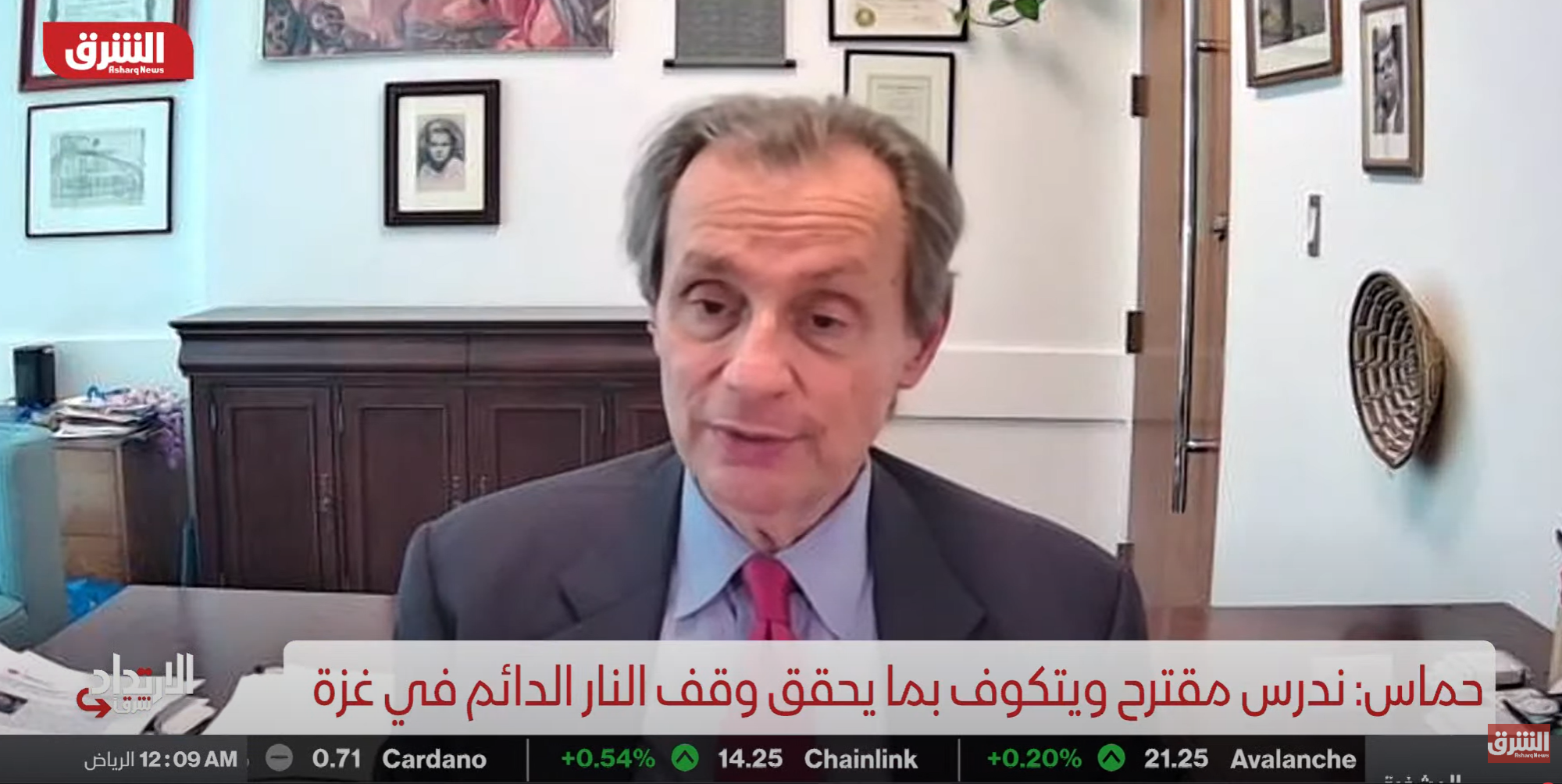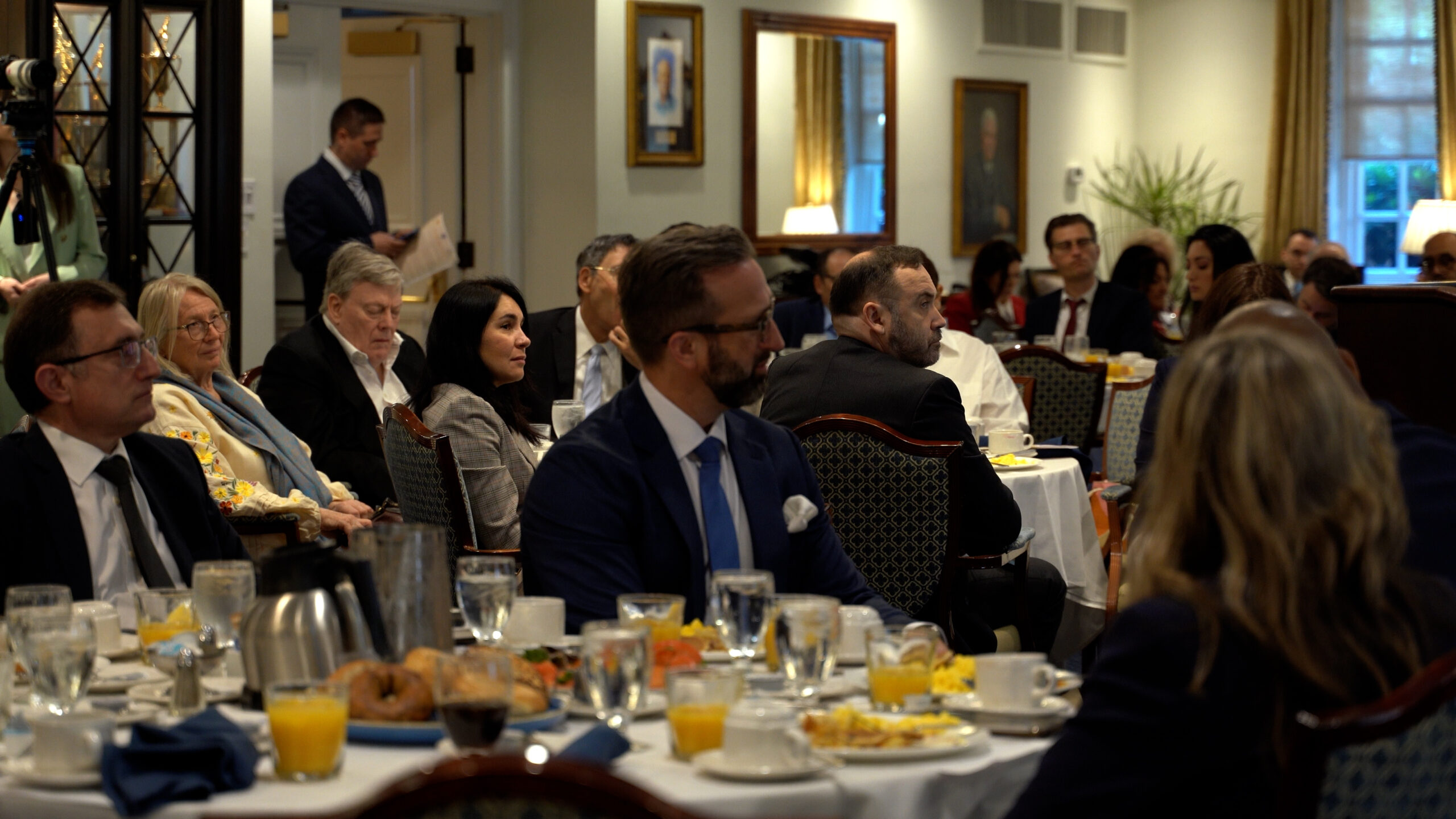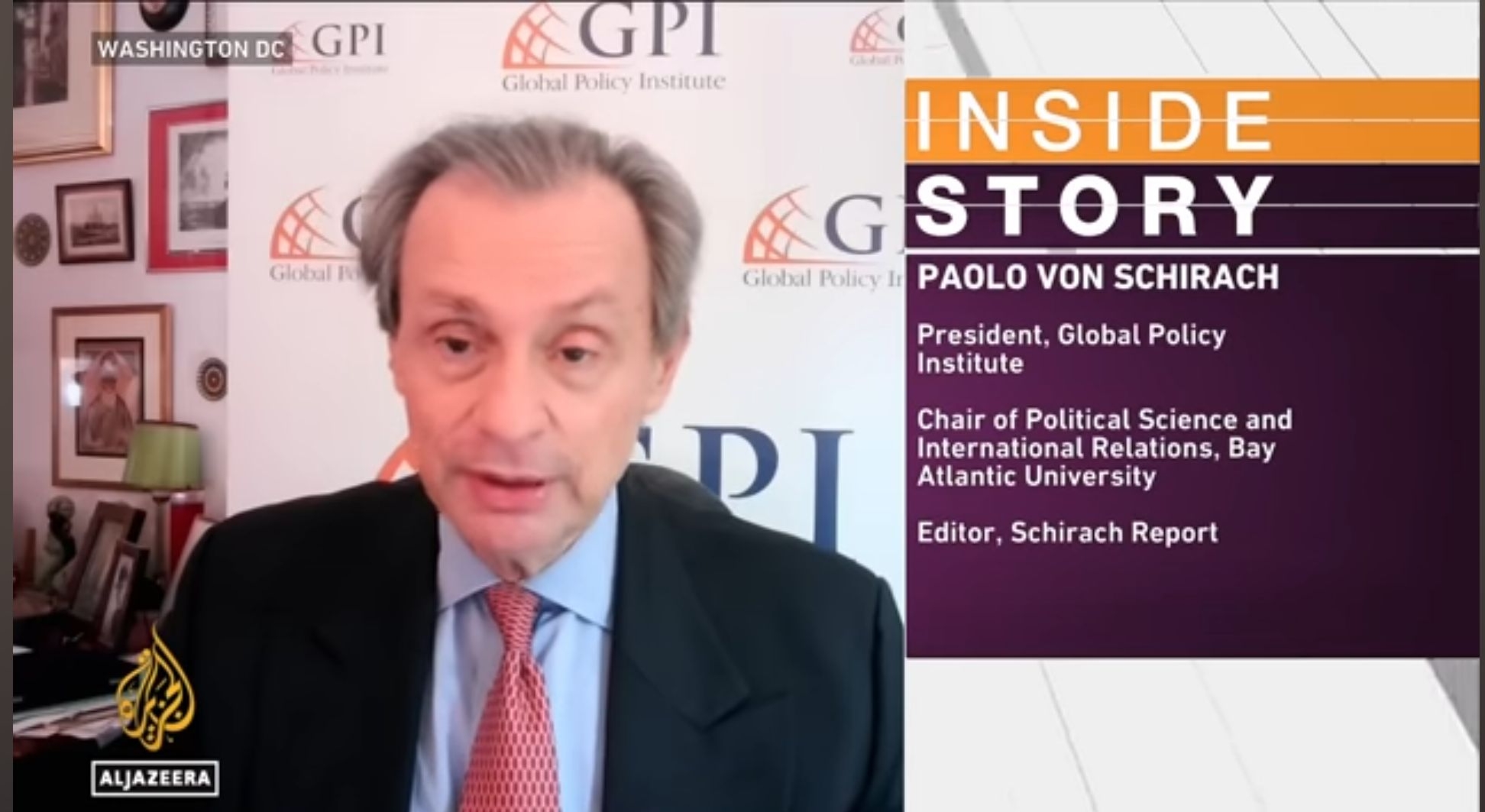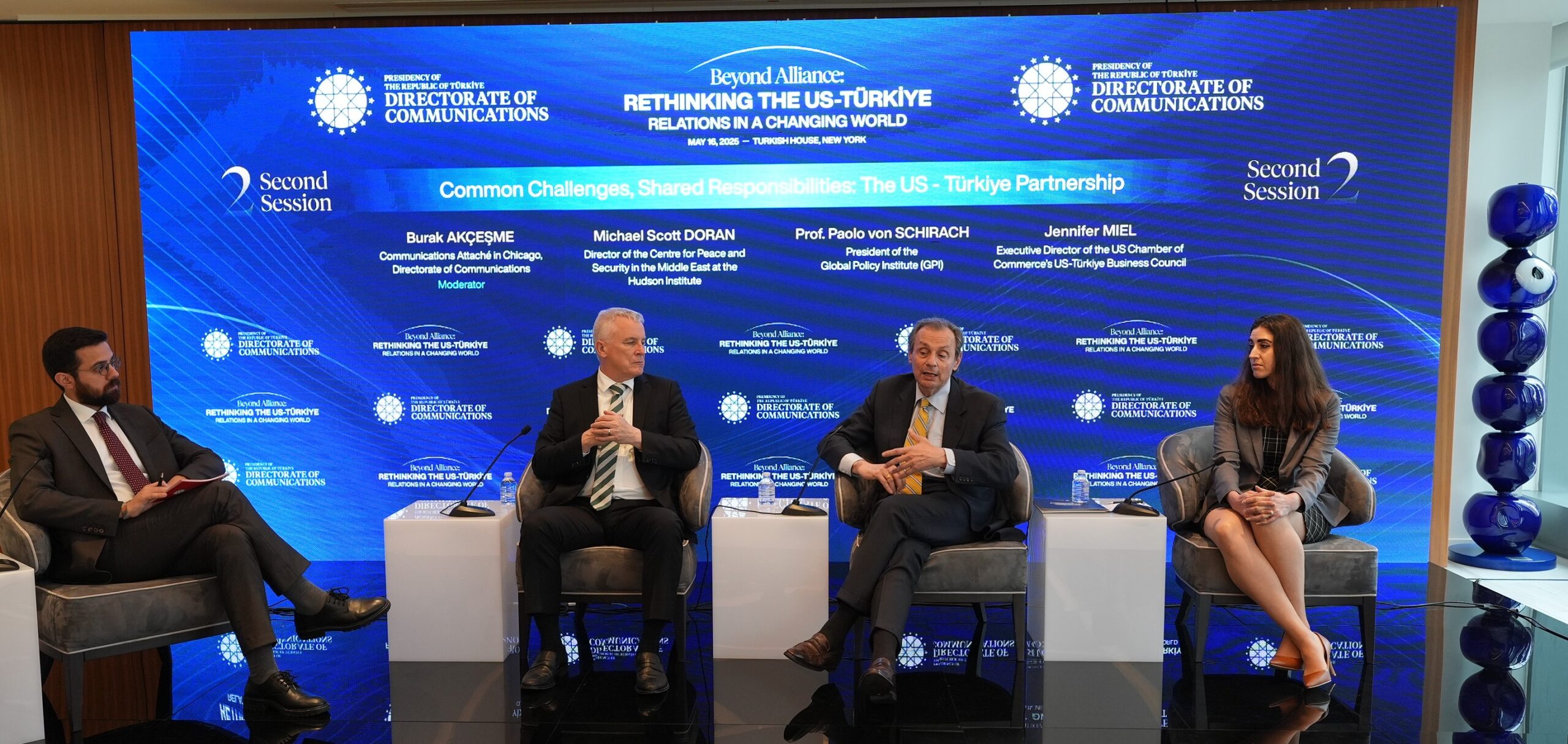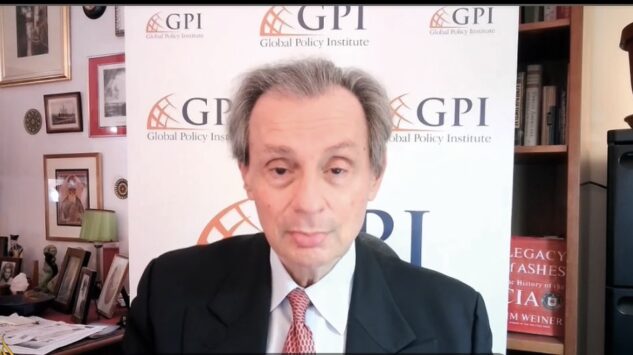-
GPI President, Paolo von Schirach on REAL Tv
Check out the highlights from GPI President, Paolo von Schirach’s recent interview on Real Tv where he discussed about the latest phone conversation between President Donald Trump and Russia President Valmir Putin. Watch here: Tramp və Putinin "Yaxşı söhbət"i - Ağ ev lideri: Bu söhbət sülh gətirməyəcək - YouTube #GPI #GPInstitute #Ukraine #US #Trump #Russia
watch here -
Congressional Prayer Breakfast
Highlights from the recent Congressional Prayer Breakfast held at Capitol Hill in Washington, D.C. The event was picked up by several press outlets including, Yahoo News: https://finance.yahoo.com/news/congressional-prayer-breakfast-faith-freedom-220400033.html News incredible: https://newsincredible.com/congressional-prayer-breakfast-faith-freedom-and-peacebuilding-unite-global-leaders-on-capitol-hill/ #GPI #GPInstitute #CongressionalPrayerBreakfast #Leadership #FaithAndService #CommunityImpact
View Here -
Germany’s €500 Billion Infrastructure Gamble: Bold Shift or Budgetary Overreach?
By Laetitia von Schönburg - May 30, 2025 - Germany's new government led by Chancellor Friedrich Merz has launched one of the most ambitious economic spending initiatives in the country's postwar history. At the heart of it is a €500 billion infrastructure fund, a ten-year plan to rebuild the nation's physical and digital backbone, with the goal of revitalizing the economy while accelerating the shift toward clean energy. It is a staggering sum, twice the size of previous infrastructure spending plans. Furthermore, this public policy initiative marks a fundamental departure from the fiscal orthodoxy that has defined German fiscal policies for decades. However, the critical question remains: Can Germany deliver on this promise, or will it get bogged down in the bureaucratic inertia it is trying to escape from? The package The infrastructure package targets four key areas: transport, digital infrastructure, energy, and climate policy. Of the total sum, €100 billion is reserved for climate and energy-related initiatives, such as renewable power, grid modernization, and green technology development. The government aims to revive growth after years of economic stagnation, reduce dependence on imported fossil fuels, and future-proof Germany's competitiveness in a rapidly shifting global economy.
Read More -
MOP Up Option’: Inside the U.S. Plan to Hit Iran’s Underground Nuclear Sites (From 1945)
By Rebecca L. Grant, Ph.D. - May 27, 2025 - The full text of this article is available below and on the 1945 website here - The Iran MOP Up Option: Air Force’s Biggest Bombs are Ready to Teach Iran a Lesson: As talks about Iran’s nuclear weapons program move forward, the U.S. military is keeping up the pressure with an array of forces in place under United States Central Command. “We do not want to see war. This is not a president that campaigned on starting wars. And as he said very clearly, Iran is not going to have a nuclear weapon, and he reserves every right to prevent that from happening,” Secretary of State Marco Rubio said on April 23. The MOP Option for Iran
Read More -
GPI President, Paolo von Schirach on Al Jazeera English
Check out the highlights from GPI President, Paolo von Schirach’s recent interview on Aljazeera News Tv where he discusses the Trump-Ramaphosa meeting at the Whitehouse. Watch here: https://lnkd.in/dtdDfn7M #GPI #GPInstitute #AljazeeraEnglish #SouthAfrica #US
Read More and Watch -
GPI President, Paolo von Schirach at the Turkish Government’s NYC Panel
Explore the highlights from the recently concluded panel discussion, "Beyond Alliance: Rethinking the US-Türkiye Relations in a Changing World" organized by the Turkish Government as part of the Turkish Day Parade events in New York. GPI President, Paolo von Schirach, joined as a panelist to share insights. #GPI #GPInstitute #TurkeyUSRelations#Diplomacy
Read More -
FORUM:// What Connects Chronic Diseases, Natural Disasters & Nanoplastics
On Tuesday, May 20, 2025, at 2:00 PM (EST) ALLATRA and Creative Society in partnership with the Global Policy Institute and Bay Atlantic University (BAU) held a forum in-person at BAU. Insightful presentations from independent scientists and analysts revealed groundbreaking research on the escalating crisis of nanoplastic pollution and its far-reaching impacts on our planet and human health. The session discussed how nanoplastics are linked to serious health issues, including DNA mutations, neurological, skeletal, and cellular damage. Further lessons on how micro and nanoplastic contamination disrupts ocean heat regulation and intensifies natural disasters were offered.
Read More -
How Machine Learning is Shaping the Future of Newborn Genetic Screening
By Janice Tagoe, MBA, MSc. - May 13, 2025 - Advancements in artificial intelligence and genomics are rapidly transforming the landscape of public health. One of the most promising areas of this intersection is newborn screening, where data-driven tools are helping to reimagine how we detect and respond to genetic conditions from the earliest moments of life. In a paper published this year (2025), researchers at Mass General Brigham unveiled a machine learning model designed to improve how genes are selected for newborn genomic sequencing programs. This development comes at a critical time, as more than 30 countries work to expand their newborn screening efforts. Yet, among these initiatives, the criteria for selecting which genes to screen vary widely. Some programs screen fewer than 150 genes, while others assess more than 4,000. Yet only 74 genes are consistently included across the majority of them. This lack of standardization presents a challenge to equal access to global health resources and limits the potential of these programs to deliver timely, life-saving care.
Read More

